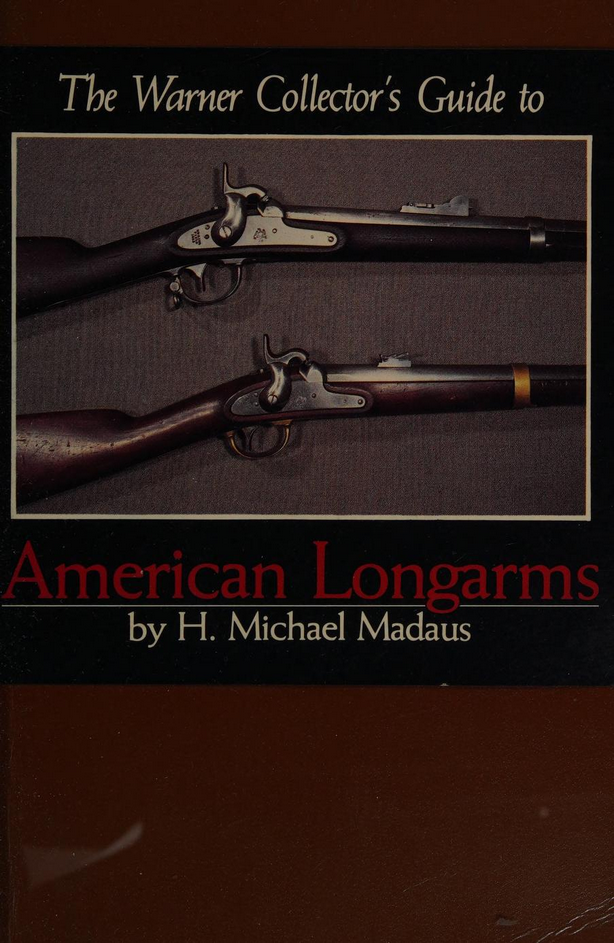August 15, 2023
Dear La Mesa City Attorney, Mr. Sabine, and La Mesa City Council Members:
The San Diego County Gun Owners and I are concerned about the new proposed gun regulation ordinance being passed by the La Mesa City Council (10.30.020). The regulation makes it “unlawful for any person to keep a Firearm within any Residence, including its Accessory Structures, unless the Firearm is stored in a Locked Container or disabled with a Trigger lock.” I write to you today to explain why this ordinance is unconstitutional, and will almost certainly be struck down for burdening the Second Amendment rights of La Mesa residents.
10.30.020 is eerily similar to a statute reviewed in the landmark Supreme Court Case District of Columbia v. Heller. The statute being challenged in Heller required that:
“Residents keep their lawfully owned firearms, such as registered long guns, ‘unloaded and disassembled or bound by a trigger lock or similar device’ unless they are located in a place of business or are being used for lawful recreational activities.”
In this case, the Supreme Court struck down this statute because it found that it violated the Second Amendment. The Court ruled that the Second Amendment protects the right to self-defense with a firearm. Requiring that a firearm be rendered inoperable, either by disassembling it or the use of a trigger lock device, “makes it impossible for citizens to use [firearms] for the core lawful purpose of self-defense and is hence unconstitutional” (Heller).
The La Mesa ordinance specifically mentions the use of a trigger lock. The Supreme Court of the United States has already ruled that requiring a trigger lock is unconstitutional. Furthermore, requiring that a firearm be locked in a “locked container,” defined as “a secure container that is fully enclosed and locked by a padlock, keylock, combination lock, or similar locking device” by the California Penal Code, has a similar if not identical effect of rendering the firearm useless for the matter of self-defense. The bottom line is that the Supreme Court ruled that any regulation that burdened the ability of citizens to use a firearm for purposes of self-defense is unconstitutional. The ordinance being approved by the La Mesa City Council is similar to the statute struck in Heller for the same exact reasons for which it was struck down. Therefore, the proposed ordinance is unconstitutional.
The nail in the coffin for this ordinance, however, is the decision made in New York Rifle and Pistol Association, Inc v. Bruen. Before Bruen was decided in 2022, Heller’s standard was used to assess all firearm regulations. Heller used an intermediate scrutiny standard, which balanced the interests of the state with the rights of the people. Bruen overturned this standard, replacing it with a new special second amendment standard. This Bruen standard considers two things: the plain text of the Constitution and the historical tradition of gun regulations near the time of the formation of the Constitution. In other words, we must now look to the standards set in Bruen for measuring the constitutionality of a statute. Most importantly, the standards set in Bruen make it more difficult for the state to impose gun regulations than the standard previously held in Heller.
In short, if Heller decided that trigger locks and similar requirements were an unconstitutional burden, the current standards we are now held to under Bruen most definitely will not find these storage requirements constitutional. Under Bruen, the La Mesa ordinance would not pass constitutional muster. It is important to note that Heller did acknowledge possible exceptions that would make requirements such as trigger locks constitutional. If a statute requiring a trigger lock had an exception for self-defense, it would be constitutional. The La Mesa ordinance has two exceptions to the statute:
“1. The Firearm is carried on the body of a person who is an authorized user of the Firearm.
2. The Firearm is in the immediate control of the Authorized User so that the Person can readily retrieve and use the Firearm as if carried on the Person’s body.”
Additionally, our understanding is that an amendment was made so that this code shall only apply when the gun owner is not in the residence where the firearms are being held. This amendment should have no effect on the analysis of the legality of this proposed code as described below.
There are two reasons these exceptions do not satisfy the exception requirement in Heller’s decision. For one, the ordinances never specifically recognize the right for gun-owners to use their firearms for self-defense, which should be the core purpose of the exceptions. But most importantly, the exceptions are much too vague. It would be nearly impossible for any reasonable individual to assess whether or not their conduct fits under the exception or makes them susceptible to penalties under the ordinance. This violates the Vagueness Doctrine, which requires all laws and statutes to specify what conduct is punishable and what is not. The exceptions in this ordinance do nothing to specifically state or define which conduct is exceptionable under the ordinance. What does “immediate control” mean? What classifies as “readily retrievable?” At what point does a law-abiding citizen break the law while trying to defend themselves?
For these reasons, the La Mesa ordinance, if adopted, would be unconstitutional.
Sincerely,
Colin Rudolph
Attorney at Law
The Rudolph Firm, on behalf of San Diego County Gun Owners





Comments